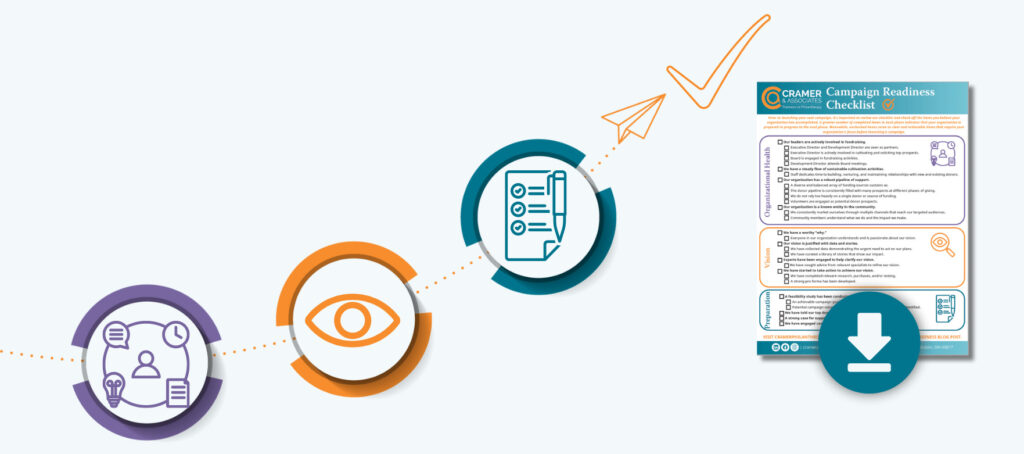Choosing a nonprofit consultant is a lot like choosing a coach or trainer to help you reach your fitness goals. You’re looking for a partner who will help you get farther than you could alone. But there are so many to choose from. How do you know which one is right for you?
Just like picking a coach, picking a nonprofit consultant is a personal choice and a big commitment. If you’ve decided to bring a consultant on board, you’ve probably read books and blogs on fundraising, or listened to leadership podcasts. You feel you’ve gone as far as you can on your own. Now, you’re ready to bring in an expert to create a plan of action customized to your organization.
Think of it like switching from a group exercise class to a personal trainer: a consultant will help you break through plateaus in your progress and achieve new levels of success.
So how do you know that you’ve found a partner who will help your organization go the distance?
We’ve compiled five traits to look for in your nonprofit consultant:
1. They have your organization’s long-term health in mind.
We’ve all seen Hollywood actors hire trainers to physically transform them for a role. Their coaches develop a rigorous program designed to make them look buff and toned for a few months of shooting. But while the regimen may chisel muscles that look great on a movie screen, it’s not designed to improve their overall well-being.
A great consultant will do more than counsel you through a campaign or guide you as you develop a strategic plan: they will improve the overall health of your organization. They are constantly looking for opportunities to help you build lasting relationships with donors and volunteer leaders. These relationships will sustain your mission for the long haul, keeping your organization active and strong.
2. They know the importance of “cross-training.”
Coaches use cross-training to increase athletes’ strength, agility, balance, and endurance. They know that when you break out of your regular routine to try new exercises, you become more well-rounded. You reduce the repetitive stress from your usual activities by working different muscle groups.
Similarly, consultants who “cross-train” by working in a range of sectors open their minds to innovative new ideas. Some firms specialize in sectors like healthcare and education, limiting themselves to campaigns for hospitals or universities. But consultants who serve multiple sectors are more likely to think outside the box, coming up with inventive strategies to handle your organization’s unique challenges.
3. Their working style complements yours.
Each coach has their own approach. Some are like drill sergeants who will put you through your paces until you drop. Others use healthy competition to spur their athletes into action. And still others find that positive reinforcement yields the best results.
You will be spending a lot of time with your consultant, so it’s important that you get along. You’re looking for a partner who will inspire you to put plans into action. At the end of each meeting with a great consultant, you will have new insights into the challenges you’re facing and the energy to tackle them. It’s important to spend time with your prospective partner, since this is the only way to tell if your personalities are compatible.
4. They adapt to new situations.
Once you set a fitness goal, you need a training program to reach it. A training program holds you accountable, keeps you consistent, and ensures that you make healthy, sustainable progress. But a good coach knows that plans have to change sometimes due to injury, illness, or other obstacles. You can’t just ignore major issues and keep pushing through at the same pace.
Rarely does a major, long-term project like a campaign go exactly according to plan. When you’re getting to know a potential consultant, it’s important to ask them about difficulties they’ve faced with past clients and how they’ve responded. A great consultant will guide you through disappointments and help you devise creative solutions to overcome them. They won’t let a setback keep you down.
5. As a nonprofit consultant, they celebrate you!
In every sport, there are coaches whose egos get in the way. When their team wins, they take the credit and grab the trophy for themselves. In interviews, they paint themselves as the hero of the story instead of their athletes.
But at the end of the day, it’s not your coach who stands on the podium—it’s you! The right nonprofit consultant will be your loudest cheerleader. When you meet your campaign goal or score that big gift, they will frame it as your accomplishment—and rightfully so! They will celebrate alongside your team, but make sure the spotlight is on your organization and the great work you do.
When you interview potential nonprofit consultants, use this list to start thought-provoking conversations and gauge your compatibility. You’ll learn a lot about what they have to offer, and what your organization really needs to succeed.
Just like physical fitness, fundraising fitness is a lifelong journey! With the right coach by your side, you will continue to grow stronger and meet your goals.






